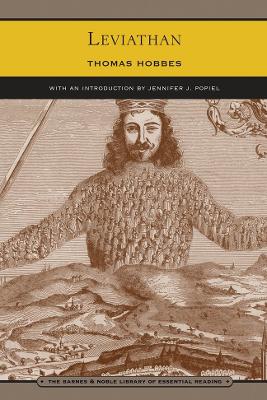After the publication of his masterpiece of political theory, "Leviathan, Or the Matter, and Power of Commonwealth Ecclesiastic and Civil", in 1651, opponents charged Thomas Hobbes with atheism and banned and burned his books. The English Parliament, in a search for scapegoats, even claimed that the theories found in "Leviathan" were a likely cause of the Plague of 1665 and the Great Fire of 1666. For the modern reader, though, Hobbes is more recognized for his popular belief that humanity's natural condition is a state of perpetual war, with life being 'solitary, poor, nasty, brutish, and short'. Despite frequent challenges by other philosophers, "Leviathan's" secular theory of absolutism no longer stands out as particularly objectionable. In the description of the organization of states, moreover, we see Hobbes as strikingly current in his use of concepts that we still employ today, including the ideas of natural law, natural rights, and the social contract. Based on this work, one could even argue that Hobbes created English-language philosophy, insofar as "Leviathan" was the first great philosophical work written in English and one whose impact continues to the present day.
- ISBN10 0760755930
- ISBN13 9780760755938
- Publish Date 18 March 2004
- Publish Status Active
- Out of Print 7 January 2014
- Publish Country US
- Imprint Barnes & Noble Inc
- Format Paperback (US Trade)
- Pages 512
- Language English
